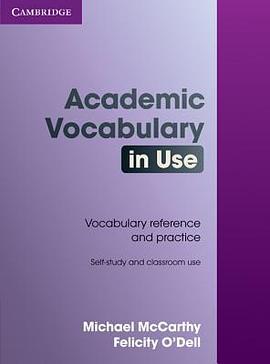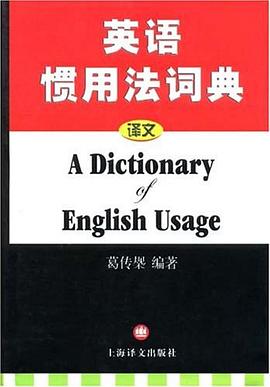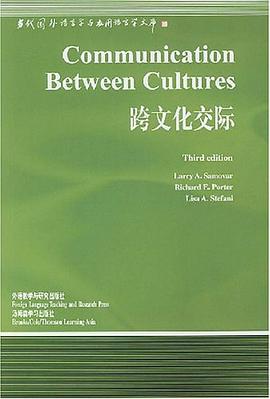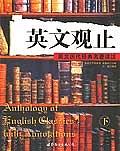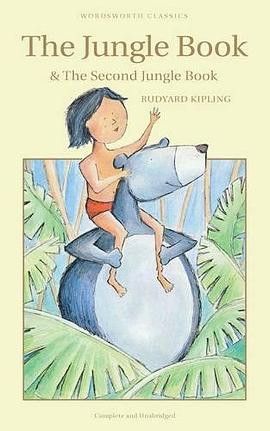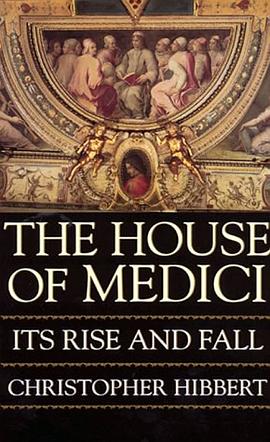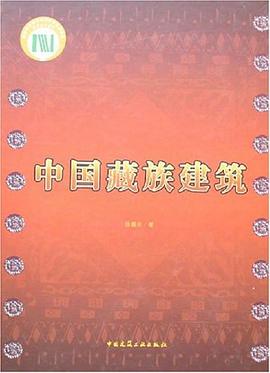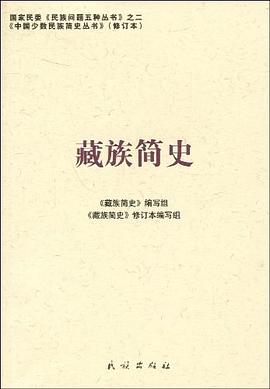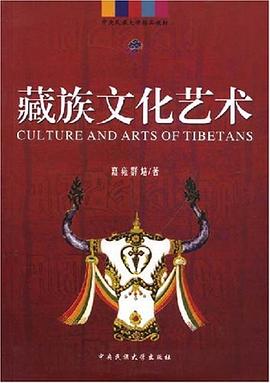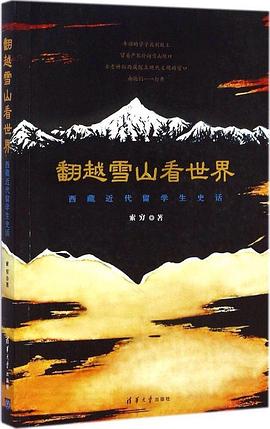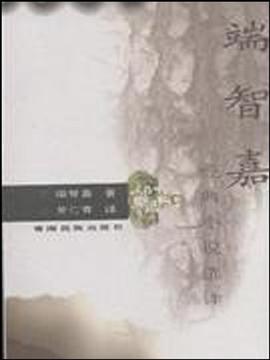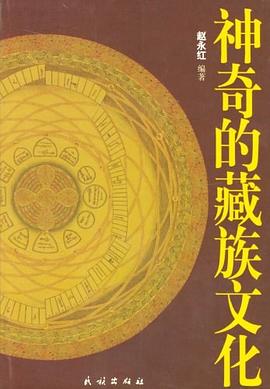

具體描述
What to eat, what not to eat, and how to think about health: a manifesto for our times
"Eat food. Not too much. Mostly plants." These simple words go to the heart of Michael Pollan's In Defense of Food, the well-considered answers he provides to the questions posed in the bestselling The Omnivore's Dilemma.
Humans used to know how to eat well, Pollan argues. But the balanced dietary lessons that were once passed down through generations have been confused, complicated, and distorted by food industry marketers, nutritional scientists, and journalists-all of whom have much to gain from our dietary confusion. As a result, we face today a complex culinary landscape dense with bad advice and foods that are not "real." These "edible foodlike substances" are often packaged with labels bearing health claims that are typically false or misleading. Indeed, real food is fast disappearing from the marketplace, to be replaced by "nutrients," and plain old eating by an obsession with nutrition that is, paradoxically, ruining our health, not to mention our meals. Michael Pollan's sensible and decidedly counterintuitive advice is: "Don't eat anything that your great-great grandmother would not recognize as food."
Writing In Defense of Food, and affirming the joy of eating, Pollan suggests that if we would pay more for better, well-grown food, but buy less of it, we'll benefit ourselves, our communities, and the environment at large. Taking a clear-eyed look at what science does and does not know about the links between diet and health, he proposes a new way to think about the question of what to eat that is informed by ecology and tradition rather than by the prevailing nutrient-by-nutrient approach.
In Defense of Food reminds us that, despite the daunting dietary landscape Americans confront in the modern supermarket, the solutions to the current omnivore's dilemma can be found all around us.
In looking toward traditional diets the world over, as well as the foods our families-and regions-historically enjoyed, we can recover a more balanced, reasonable, and pleasurable approach to food. Michael Pollan's bracing and eloquent manifesto shows us how we might start making thoughtful food choices that will enrich our lives and enlarge our sense of what it means to be healthy.
著者簡介
Michael Pollan
Michael Pollan is the author of four five books: Second Nature, A Place of My Own, The Botany of Desire, which received the Borders Original Voices Award for the best nonfiction work of 2001 and was recognized as a best book of the year by the American Booksellers Association and Amazon, and the national bestellers, The Omnivore's Dilemma, and In Defense of Food.
A longtime contributing writer to The New York Times Magazine, Pollan is also the Knight Professor of Journalism at UC Berkeley. His writing on food and agriculture has won numerous awards, including the Reuters/World Conservation Union Global Award in Environmental Journalism, the James Beard Award, and the Genesis Award from the American Humane Association.
圖書目錄
讀後感
《食物无罪》 麦可·波伦 “营养”这个词现在已经无人不知无孔不入了,一个没多少文化知识的农村老头老太也能告诉你:“我们吃得很营养,我们每顿都在吃肉,很多蛋白质!” 究竟发生了什么,使得地球最遥远的角落、从来没学习过有机化学的人,都着魔似地念念有词。更别提...
評分最近在看Yale开放课程中有关食物的一堂课,非常有意思。可能是老妈在食品公司工作的缘故,从小就不停给我灌输各种加工食品的知识,中心思想就是这些东西都不健康,还是吃老妈自己做的菜最好。来了美国后,大脑受到高糖高脂高添加剂的食品的诱惑和欺骗,短时间内就染上了和很多...
評分作者认为源于清教徒的美国上流社会将从美食中获取感官享受视如性欲会将人与动物联系起来,吃作为一种赤裸裸的行为不应得到放任,追求烹饪的目的比满足食欲和口福要高尚的多。所以美国人对外来移民一大块动物蛋白加上几种蔬菜一锅炖的饮食尤为反感。于是借助营养主义者之手,通...
評分今天上课,班里的美国朋友推荐我读的 她正好要去图书馆还这本书,我就正好去图书馆借过来 写的非常棒 让我重新审视自己的饮食了.
評分用戶評價
感覺作者過於執著於迴歸自然,而現狀是迴歸自然的成本是大多數人無法承擔的
评分可以說是Whole30的古早廣告。 Quick takeaway:如果食物包裝上有五個以上你不認識不會念的成分就彆買瞭
评分沒什麼新意
评分"Eat FOOD; Not too much; Mostly plants." 作者雖然是記者而非學者,但本書還是很有道理的,提觀點,擺事實,顛覆瞭我不少關於食物和進食習慣的看法,好書。
评分good book!
相關圖書
本站所有內容均為互聯網搜索引擎提供的公開搜索信息,本站不存儲任何數據與內容,任何內容與數據均與本站無關,如有需要請聯繫相關搜索引擎包括但不限於百度,google,bing,sogou 等
© 2025 book.quotespace.org All Rights Reserved. 小美書屋 版权所有

